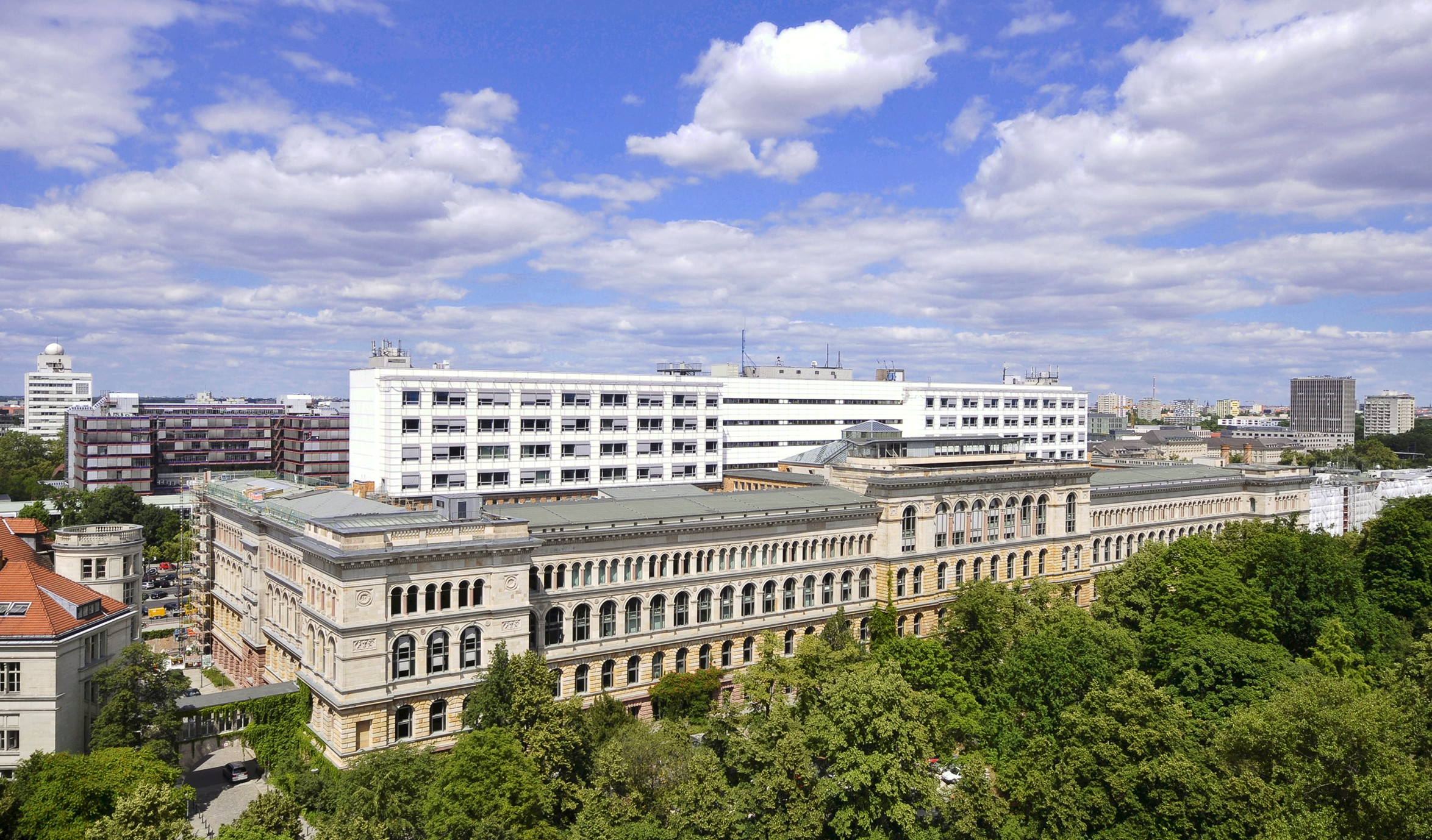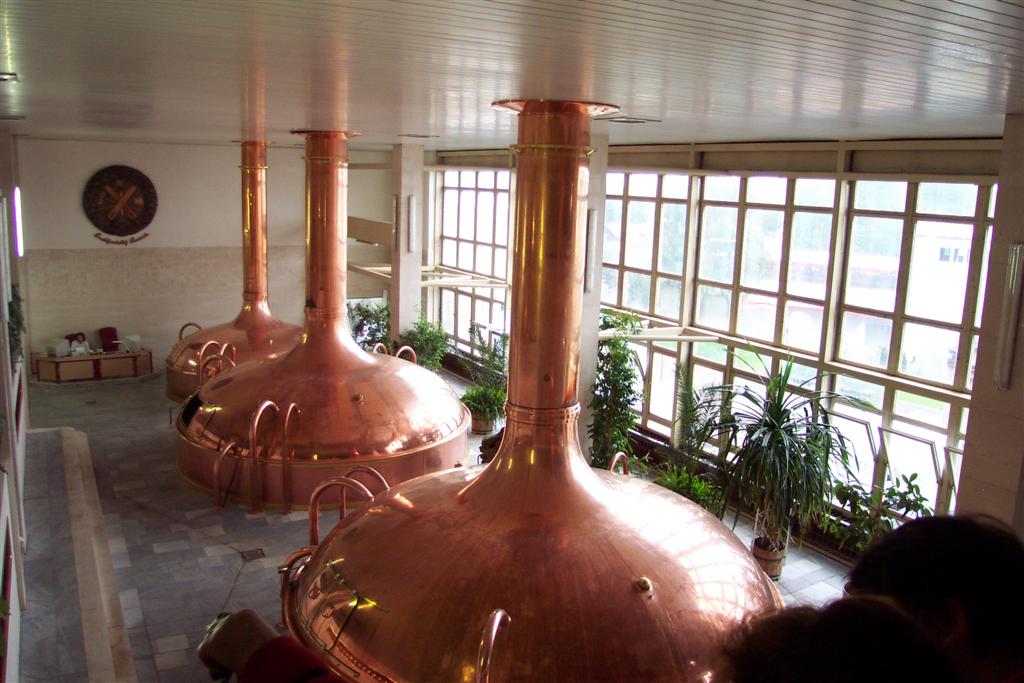|
Gabriela Basařová
Gabriela Basařová (17 January 1934 – 18 October 2019) was a Czech professor of chemistry, working in the field of fermentation chemistry, brewing, and malting. Most of her scientific and research work was devoted to the study of non-biological, so-called Colloid , colloidal, turbidity of beer and methods of delaying its production during storage. She participated in scientific, educational and publishing activities in the Czech Republic and abroad, and published 538 items, mostly in foreign journals. In 2012, Basařová was awarded the Medal of Merit (Czech Republic), State Medal of Merit. Early life and education Gabriela Basařová was born in Plzeň, 17 January 1934. She graduated from high school, where chemistry and mathematics were among her favorite subjects. During her studies, she worked in laboratories, in a waterworks, distillery, canning factory, and in Plzeň breweries, after which, she decided to study brewing. In 1952, she graduated from the University of Chemist ... [...More Info...] [...Related Items...] OR: [Wikipedia] [Google] [Baidu] |
Research Institute Of Brewing And Malting
The Research Institute of Brewing and Malting (RIBM) () in Czech - was founded in 1887 and since 1994 It has been a joint-stock company. It is one of the oldest scientific research institutes in the Central European region. History On 19 December 1886, the Union for the Establishment and Maintenance of the Research Institute for Brewing Industry in Prague was founded by the General Meeting held in the rooms of the Malting School in Prague. At the beginning of December, the Institute already seated at 871/26 Senovážné Square, Prague. The Institute officially started its activity at the beginning of 1888. In July 1888, the Institute organized the first course for microscopy. In 1891, the Institute took part in the Jubilee Exhibition in Prague. The reference laboratory for brewers, iodine method (for malt saving), certificates, pure yeast and wall-boards were exhibited. In 1893, the Institute moved to new offices in 1762/5 Pštrossova Street in Prague, New Town. In 1896, ... [...More Info...] [...Related Items...] OR: [Wikipedia] [Google] [Baidu] |
Scientists From Plzeň
A scientist is a person who researches to advance knowledge in an area of the natural sciences. In classical antiquity, there was no real ancient analog of a modern scientist. Instead, philosophers engaged in the philosophical study of nature called natural philosophy, a precursor of natural science. Though Thales ( 624–545 BC) was arguably the first scientist for describing how cosmic events may be seen as natural, not necessarily caused by gods,Frank N. Magill''The Ancient World: Dictionary of World Biography'', Volume 1 Routledge, 2003 it was not until the 19th century that the term ''scientist'' came into regular use after it was coined by the theologian, philosopher, and historian of science William Whewell in 1833. History The roles of "scientists", and their predecessors before the emergence of modern scientific disciplines, have evolved considerably over time. Scientists of different eras (and before them, natural philosophers, mathematicians, natur ... [...More Info...] [...Related Items...] OR: [Wikipedia] [Google] [Baidu] |
Czech Chemists
Czech may refer to: * Anything from or related to the Czech Republic, a country in Europe ** Czech language ** Czechs, the people of the area ** Czech culture ** Czech cuisine * One of three mythical brothers, Lech, Czech, and Rus *Czech (surname) *Czech, Łódź Voivodeship, Poland *Czechville, Wisconsin, unincorporated community, United States See also * Čech, a surname * Czech lands * Czechoslovakia * List of Czechs * * * Check (other) * Czechoslovak (other) * Czech Republic (other) * Czechia (other) Czechia is the official short form name of the Czech Republic. Czechia may also refer to: * Historical Czech lands *Czechoslovakia (1918–1993) *Czech Socialist Republic (1969–1990) *Protectorate of Bohemia and Moravia (1939–1945) See also ... {{disambiguation Language and nationality disambiguation pages ... [...More Info...] [...Related Items...] OR: [Wikipedia] [Google] [Baidu] |
2019 Deaths
This is a list of lists of deaths of notable people, organized by year. New deaths articles are added to their respective month (e.g., Deaths in ) and then linked below. 2025 2024 2023 2022 2021 2020 2019 2018 2017 2016 2015 2014 2013 2012 2011 2010 2009 2008 2007 2006 2005 2004 2003 2002 2001 2000 1999 1998 1997 1996 1995 1994 1993 1992 1991 1990 1989 1988 1987 1986 Earlier years ''Deaths in years earlier than this can usually be found in the main articles of the years.'' See also * Lists of deaths by day * Deaths by year (category) {{DEFAULTSORT:deaths by year ... [...More Info...] [...Related Items...] OR: [Wikipedia] [Google] [Baidu] |
1934 Births
Events January–February * January 1 – The International Telecommunication Union, a specialist agency of the League of Nations, is established. * January 15 – The 8.0 1934 Nepal–Bihar earthquake, Nepal–Bihar earthquake strikes Nepal and Bihar with a maximum Mercalli intensity scale, Mercalli intensity of XI (''Extreme''), killing an estimated 6,000–10,700 people. * February 6 – 6 February 1934 crisis, French political crisis: The French far-right leagues rally in front of the Palais Bourbon, in an attempted coup d'état against the French Third Republic, Third Republic. * February 9 ** Gaston Doumergue forms a new government in France. ** Second Hellenic Republic, Greece, Kingdom of Romania, Romania, Turkey and Kingdom of Yugoslavia, Yugoslavia form the Balkan Pact. * February 12–February 15, 15 – Austrian Civil War: The Fatherland Front (Austria), Fatherland Front consolidates its power in a series of clashes across the country. * February 16 – The ... [...More Info...] [...Related Items...] OR: [Wikipedia] [Google] [Baidu] |
Fachbuchverlag Leipzig
The (''fv''; English: Specialist book publisher Leipzig) was an East German publisher. It continues to exist as an imprint of the Munich publishing firm Carl Hanser Verlag. Company history The publishing house was founded in early 1949 by several shareholders (including FDGB, ). The first managing director was . From 1960 to 1990 the specialist book publisher was a Volkseigener Betrieb (VEB) (English, "publicly owned enterprise"). It was one of the two most renowned technical-scientific publishers in the German Democratic Republic, whose specialist books were also widely distributed in the Federal Republic of Germany. The books were very popular with West-German students because of their low price, but above all because of the good didactics. It also published specialist journals. In 1995, the specialist book publisher was taken over by the Munich Carl Hanser Verlag and continued to exist there as an imprint. Under the brand, some of the editors of Carl Hanser Verlag cont ... [...More Info...] [...Related Items...] OR: [Wikipedia] [Google] [Baidu] |
Technische Universität Berlin
(TU Berlin; also known as Berlin Institute of Technology and Technical University of Berlin, although officially the name should not be translated) is a public university, public research university located in Berlin, Germany. It was the first German university to adopt the name "Technische Universität" (university of technology). The university alumni and staff includes several United States National Academies, US National Academies members, two National Medal of Science laureates, the creator of the first fully functional programmable (electromechanical) computer, Konrad Zuse, and ten Nobel Prize laureates. TU Berlin is a member of TU9, an incorporated society of the largest and most notable German institutes of technology and of the Top International Managers in Engineering network, which allows for student exchanges between leading engineering schools. It belongs to the Conference of European Schools for Advanced Engineering Education and Research. The TU Berlin is home of ... [...More Info...] [...Related Items...] OR: [Wikipedia] [Google] [Baidu] |
České Budějovice
České Budějovice (; ) is a city in the South Bohemian Region of the Czech Republic. It has about 97,000 inhabitants. The city is located in the valley of the Vltava River, at its confluence with the Malše. České Budějovice is the largest city in the region and its political and commercial capital, the seat of the Roman Catholic Diocese of České Budějovice and the University of South Bohemia. It is famous for the Budweiser Budvar Brewery. The historic city centre is well preserved and is protected as an Cultural monument (Czech Republic)#Monument reservations, urban monument reservation. Administrative division České Budějovice consists of seven municipal parts (in brackets population according to the 2021 census): *České Budějovice 1 (3,024) *České Budějovice 2 (36,041) *České Budějovice 3 (25,568) *České Budějovice 4 (1,999) *České Budějovice 5 (8,171) *České Budějovice 6 (8,839) *České Budějovice 7 (12,022) České Budějovice 5 forms an En ... [...More Info...] [...Related Items...] OR: [Wikipedia] [Google] [Baidu] |
Budweiser Budvar Brewery
Budweiser Budvar ( ) is a brewery in the Czech city of České Budějovice (), best known for its original Budweiser or Budweiser Budvar pale lager brewed using artesian water, Moravian barley and Saaz hops. Budweiser Budvar is the fourth largest beer producer in the Czech Republic and the second largest exporter of beer abroad. The state-owned brewery and its Budweiser pale lager have been engaged in a trademark dispute with Anheuser-Busch over the right to market and sell the beer under the name ''Budweiser'' since the start of the 20th century, and consequently is imported as Czechvar in some countries. The brewery is incorporated as Budějovický Budvar, národní podnik ("Budweiser Budvar, national enterprise"). History 1265–1895 The history of brewing in České Budějovice () dates back to 1265, when Ottokar II, King of Bohemia, granted the city brewing rights. At one point, the city was the imperial brewery of the Holy Roman Empire. To promote the quality of ... [...More Info...] [...Related Items...] OR: [Wikipedia] [Google] [Baidu] |




